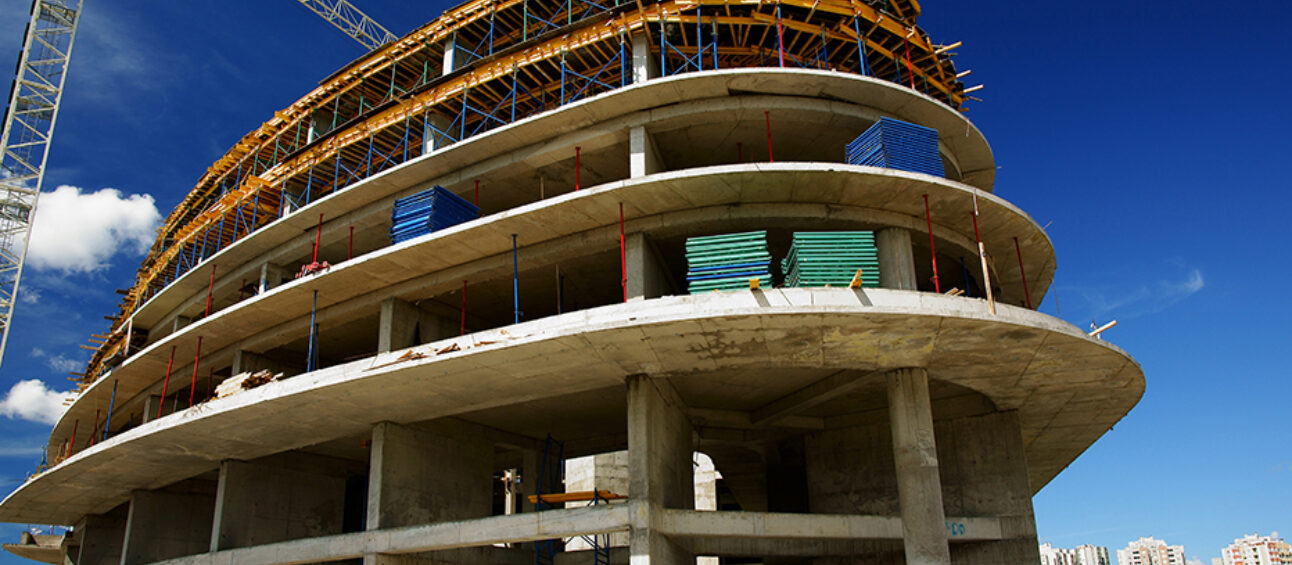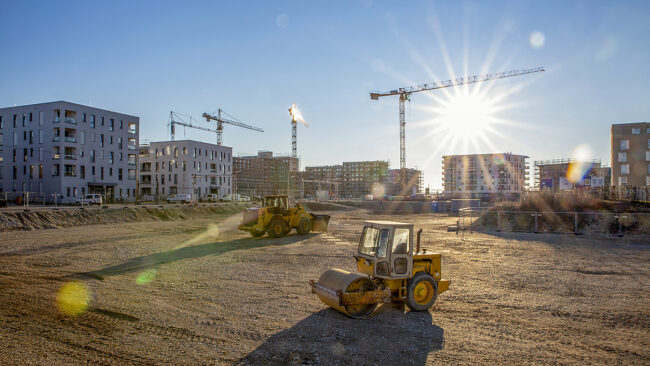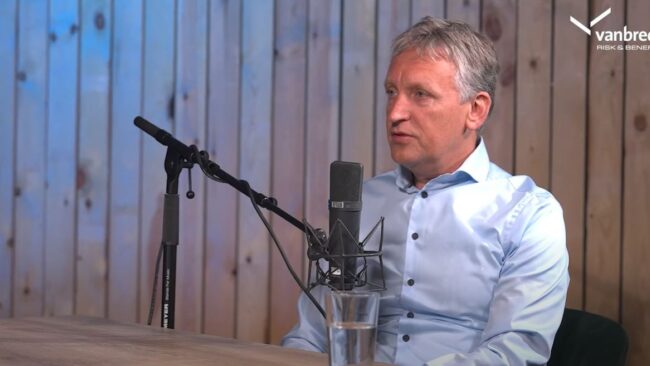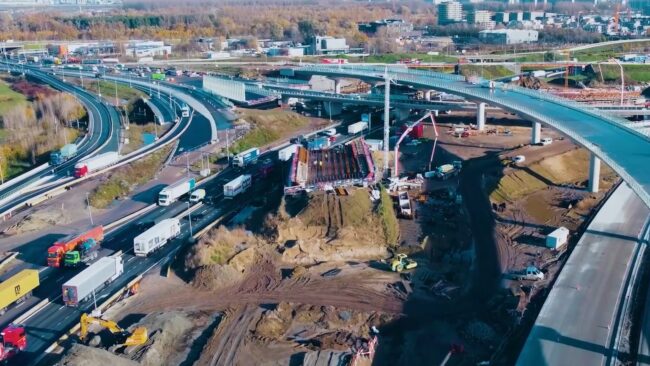How do you plan to fit out your business premises? What materials will you be using? What safety regulations and standards do you need to comply with? How do you select your suppliers? These are just a few of the many questions you will face as the project manager of a new construction project. It is not always easy to navigate your way through the endless options. Are you taking the time to consider the risks involved in the choices you make? Do you know what it might cost you if you make the wrong decisions? To help you handle the pressure of making these decisions, we are publishing this series of useful tips.
During the design phase, you will decide on the type and quality of construction materials for your business premises, including the insulation. Picking the wrong materials can lead to an increased risk of fire during the operational phase later on. “This potential risk can threaten the safety of your employees and the continuity of your business,” explains Christophe D’haeyere, construction insurance expert at Vanbreda Risk & Benefits. “Insurers will also be more likely to take a negative attitude and refuse to offer you the best insurance terms, which will make it difficult to negotiate a good insurance premium for your fire policy.”
In a rapidly constricting market there is an even greater focus on advanced prevention, starting from the outset during the construction phase. For instance with the right choice of insulation materials. It makes sense, therefore, to tailor your choices to your company’s long-term vision.
“When visiting a company we sometimes encounter production areas, warehouses or office spaces that have not been designed logically for the business activity performed there,” states D’haeyere. “This is often a space that has been extended or converted, but where the specifications and risks of the new activities have not been properly taken into account. In addition, the proper partitioning of spaces is an important fire safety factor for your building. The most important points to focus on here are whether the right zones have been partitioned off, whether the maximum surface area for a zone has been respected, and whether the way in which the partitioning was carried out complies with the current standards.
When embarking on a construction project, your company will be relying on a number of different parties in order to comply with all fire safety requirements. These include, for example, the installers of sprinkler systems or smoke detectors, the fire brigade with its fire regulations, design experts, etc. “Selecting and depending on certain suppliers can be a complex matter,” states D’haeyere. “When comparing tenders, don’t let yourself be guided solely by the price levels for a product or service. If you see a price that is considerably lower than the competition, the chances are that if you select this option you will be facing higher costs in the not-too-distant future. We advise you to check every supplier against a number of criteria. For example, is the supplier’s attitude to sustainability and safety in sync with your business activities? Is the bid in line with market prices and conditions? Is the proposed product the specific type that you need? Is their approach compatible with those of the suppliers selected so far? Screening suppliers thoroughly provides solid foundations for a successful project.”
In terms of technical construction there are many directives and requirements relating to standards. This includes Annex 6, which is well known within construction circles. You may not be familiar with the difficulties or risks associated with these standards. In that case, seek the services of an expert to help guide you.
Finally, Christophe D’haeyere observes that many businesses are now specifically interested in solar panels. “Many companies are considering installing solar panels on the roof, but they are wondering what needs to be taken into account in order to remain properly insured. PV installations are still a tricky issue for many insurance providers. In most cases they can only be insured providing a number of minimum requirements are complied with during the installation and subsequent maintenance. Significant issues include the type of roof insulation, the building’s load bearing capacity, penetration of fire compartments, the location and type of converters and cables, maintenance and thermography.”
We are on hand to help you reach the right decisions for your business. Our insurance expertise and knowledge of the construction sector enable us to give you the best possible advice and assistance.
For example, we can help you with a fair evaluation of tenders from different suppliers, and may suggest alternatives. We can also assist with interpreting the various standards and ensuring your company receives the best possible deal. In addition, we can help you find the right insurance solutions: from the design phase through to completion of the works. Ask for a copy of our brochure on construction and conversion.
Has your company prepared a business continuity plan? Please remember to update this plan with the new risks created by your construction project.






